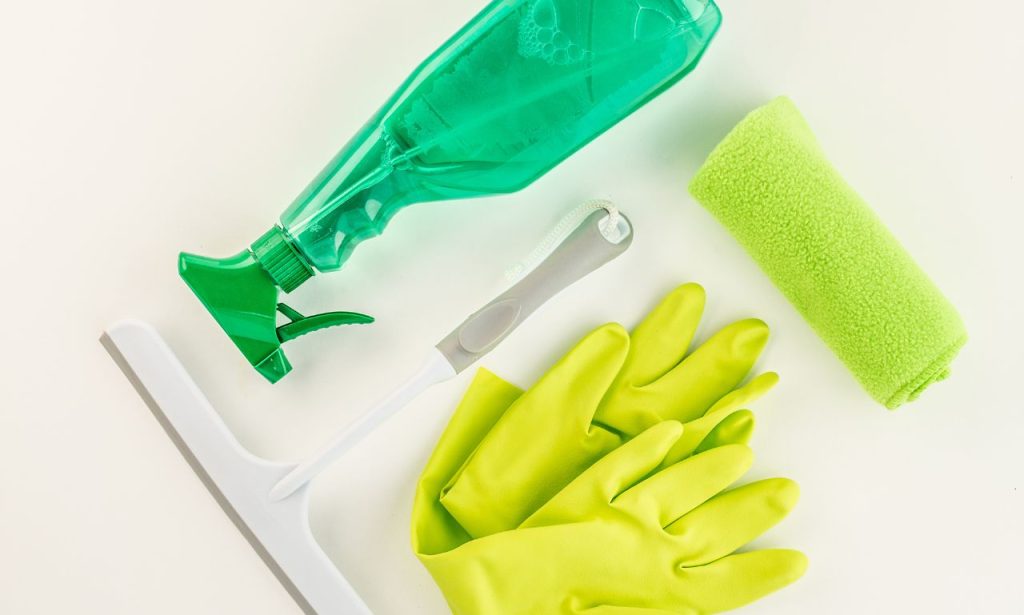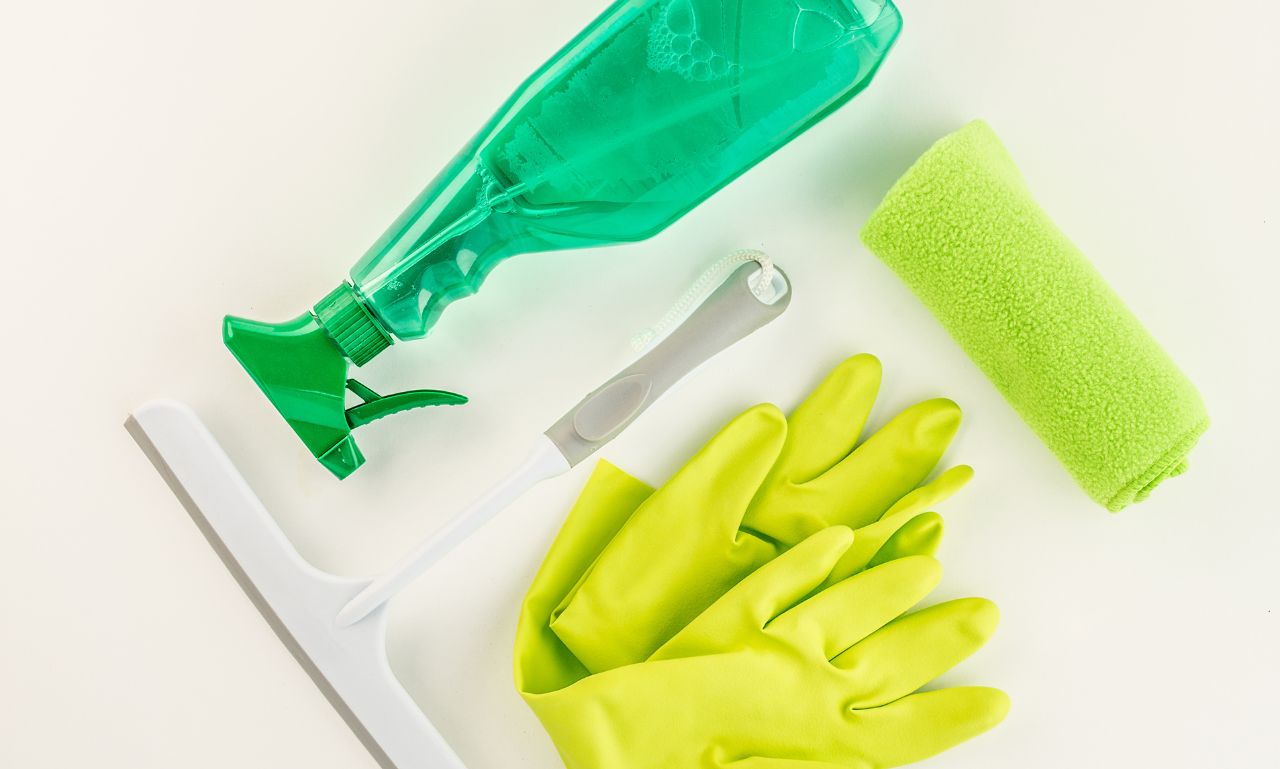Starting a window cleaning business can be a lucrative and rewarding venture. With the right tools and knowledge, you are well on your way to tapping into a market that consistently needs services. However, the key to success lies in having a comprehensive window cleaning business start-up kit. This article will guide you through everything you need to know, from why you should invest in a start-up kit to planning your business, understanding costs, and developing a marketing plan.
Why Invest in a Window Cleaning Business Start-Up Kit
Investing in a window cleaning business start-up kit is your first step towards establishing a professional and efficient service. This kit is not just a collection of tools; it is a foundation for your business. Here’s why:
- Professionalism: A start-up kit ensures you have all the necessary equipment to provide a high-quality service, enhancing your business’s credibility.
- Efficiency: With the right tools, you can complete jobs faster and more effectively, allowing you to serve more clients.
- Cost-Effectiveness: Bundling essential items in a kit often reduces the overall cost compared to purchasing each item individually.
- Convenience: Having a pre-assembled kit saves time and effort in sourcing each piece separately.
Benefits of a Start-Up Kit

Comprehensive Equipment
A start-up kit typically includes all the essential tools required for window cleaning, such as squeegees, buckets, cleaning solutions, and safety gear. This comprehensive collection ensures you are fully equipped to handle various cleaning tasks.
Quality Assurance
Reputable start-up kits often feature high-quality, durable equipment designed to last. Investing in quality tools reduces the frequency of replacements and repairs, ultimately saving you money in the long run.
Training and Support
Many suppliers offer training resources and customer support when you purchase a start-up kit. This can include instructional videos, manuals, and access to expert advice, helping you to start your business with confidence.
Scalability
Start-up kits are designed to cater to businesses of different sizes, from solo operators to growing teams. As your business expands, you can easily upgrade your kit with additional tools and supplies.
Planning Your Business
Starting a window cleaning business requires careful planning. Here’s how you can lay a strong foundation:
Researching Successful Case Studies
Understanding the strategies that successful window cleaning businesses have employed can provide valuable insights. Look for case studies that highlight best practices, innovative techniques, and effective marketing strategies. Analyze their business models, customer service approaches, and growth trajectories.
Step-by-Step Guidance Resources
Utilize step-by-step guides and resources to navigate the initial stages of your business. These resources can cover topics such as:
- Business Planning: Creating a detailed business plan outlining your goals, target market, and operational strategy.
- Legal Considerations: Understanding the legal requirements for starting a business, including permits, licenses, and insurance.
- Financial Management: Setting up accounting systems, managing cash flow, and securing funding if necessary.
Understanding the Costs Involved
Before launching your window cleaning business, it’s crucial to have a clear understanding of the costs involved. This includes both initial and ongoing expenses.
Initial Costs
- Start-Up Kit: The cost of your window cleaning business start-up kit will vary based on its comprehensiveness and quality.
- Business Registration: Fees for registering your business name and obtaining necessary permits.
- Marketing: Initial costs for creating a website, printing business cards, and running advertisements.
Ongoing Costs
- Supplies: Regular replenishment of cleaning solutions, squeegees, and other consumables.
- Insurance: Monthly or annual premiums for liability and workers’ compensation insurance.
- Maintenance: Upkeep and replacement of equipment as needed.
Business Registration and Licensing
To operate legally, you need to register your business and obtain the necessary licenses. This process can vary depending on your location but generally includes:
- Choosing a Business Name: Ensure your business name is unique and not already in use.
- Registering Your Business: Complete the required paperwork with your local government or business bureau.
- Licensing: Obtain any required licenses or permits, which may include a general business license, contractor’s license, or specific window cleaning permits.
Insurance
Insurance is a critical component of your window cleaning business, protecting you from potential liabilities and financial losses. Key types of insurance include:
- General Liability Insurance: Covers property damage, bodily injury, and legal costs if a client sues your business.
- Workers’ Compensation Insurance: Provides coverage for medical expenses and lost wages if an employee is injured on the job.
- Commercial Auto Insurance: Covers vehicles used for business purposes, including accidents and damage.
Window Cleaning Supplies

Having the right supplies is essential for delivering high-quality service. Here’s a list of must-have items for your window cleaning business start-up kit:
- Squeegees: Various sizes for different window types and sizes.
- Scrubbers: Used to loosen dirt and grime before squeegeeing.
- Buckets: Sturdy buckets for holding water and cleaning solutions.
- Cleaning Solutions: Professional-grade solutions for streak-free cleaning.
- Extension Poles: For reaching high windows without ladders.
- Ladders: Sturdy, extendable ladders for safe access to higher windows.
- Safety Gear: Gloves, safety glasses, and harnesses for protection.
Creating a Budget and Pricing Strategy
Setting a budget and pricing strategy is crucial for the sustainability of your business. Here’s how to get started:
Budgeting
- Track Expenses: Keep detailed records of all business expenses, both initial and ongoing.
- Forecast Revenue: Estimate your expected income based on market research and projected client base.
- Allocate Funds: Prioritize spending on essential items and services, such as your start-up kit, marketing, and insurance.
Pricing Strategy
- Competitive Analysis: Research your competitors’ pricing to understand the market rate.
- Cost-Plus Pricing: Calculate your costs and add a markup to ensure profitability.
- Value-Based Pricing: Set prices based on the perceived value of your services to clients.
Developing a Marketing Plan
A robust marketing plan is key to attracting and retaining clients. Here’s how to create an effective strategy:
Online Presence
- Website: Create a professional website showcasing your services, pricing, and contact information.
- Social Media: Use platforms like Facebook, Instagram, and LinkedIn to connect with potential clients and share updates.
- SEO: Optimize your website for search engines to increase visibility.
Offline Marketing
- Business Cards: Distribute business cards to potential clients and at local businesses.
- Flyers and Brochures: Create eye-catching materials to distribute in your service area.
- Networking: Attend local business events and join community groups to build relationships and gain referrals.
Conclusion
Starting a window cleaning business can be a rewarding endeavor with the right preparation and tools. Investing in a comprehensive window cleaning business start-up kit sets the foundation for professionalism, efficiency, and growth. By carefully planning your business, understanding the costs, and developing a robust marketing strategy, you can build a successful and sustainable window cleaning business.
ALSO READ: Apartment Checklist for a Minimalist
FAQs
When choosing a start-up kit, look for comprehensive equipment, quality assurance, training and support, and scalability. Ensure the kit includes essential tools like squeegees, scrubbers, cleaning solutions, and safety gear.
The initial costs can vary but typically include the start-up kit, business registration fees, marketing expenses, and insurance. Ongoing costs include supplies, insurance premiums, and equipment maintenance.
Yes, you will need to register your business and obtain any required licenses or permits. This process varies by location but usually includes registering your business name and obtaining a general business license and any specific window cleaning permits.
Research your competitors’ pricing, calculate your costs, and consider the perceived value of your services. Use competitive analysis, cost-plus pricing, and value-based pricing to determine your rates.
Developing an online presence through a professional website, social media, and SEO is crucial. Offline marketing strategies include distributing business cards, flyers, and brochures, as well as networking at local events and community groups.
Essential insurance types include general liability insurance, workers’ compensation insurance, and commercial auto insurance. These cover property damage, bodily injury, medical expenses, lost wages, and vehicle-related incidents.
